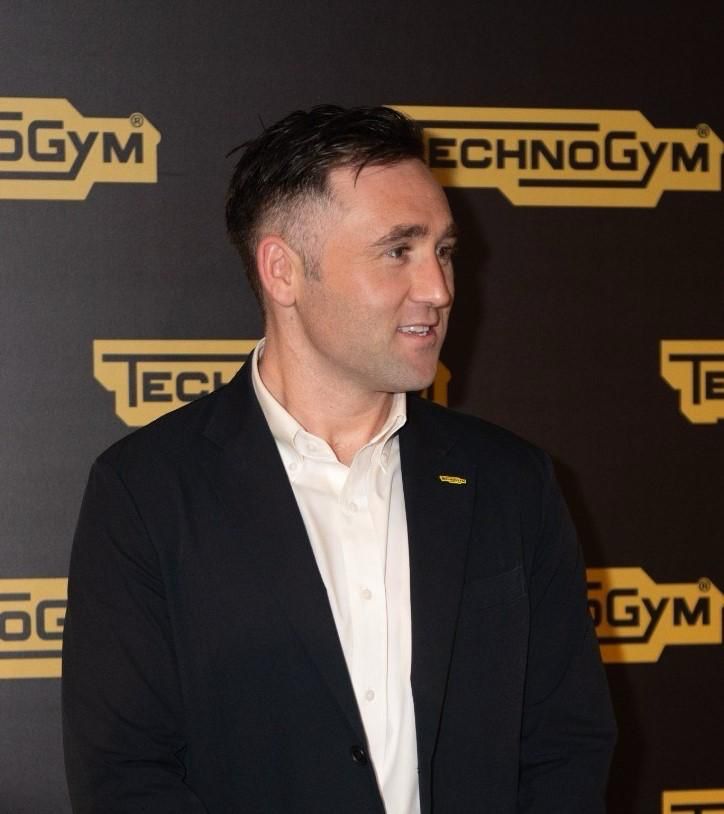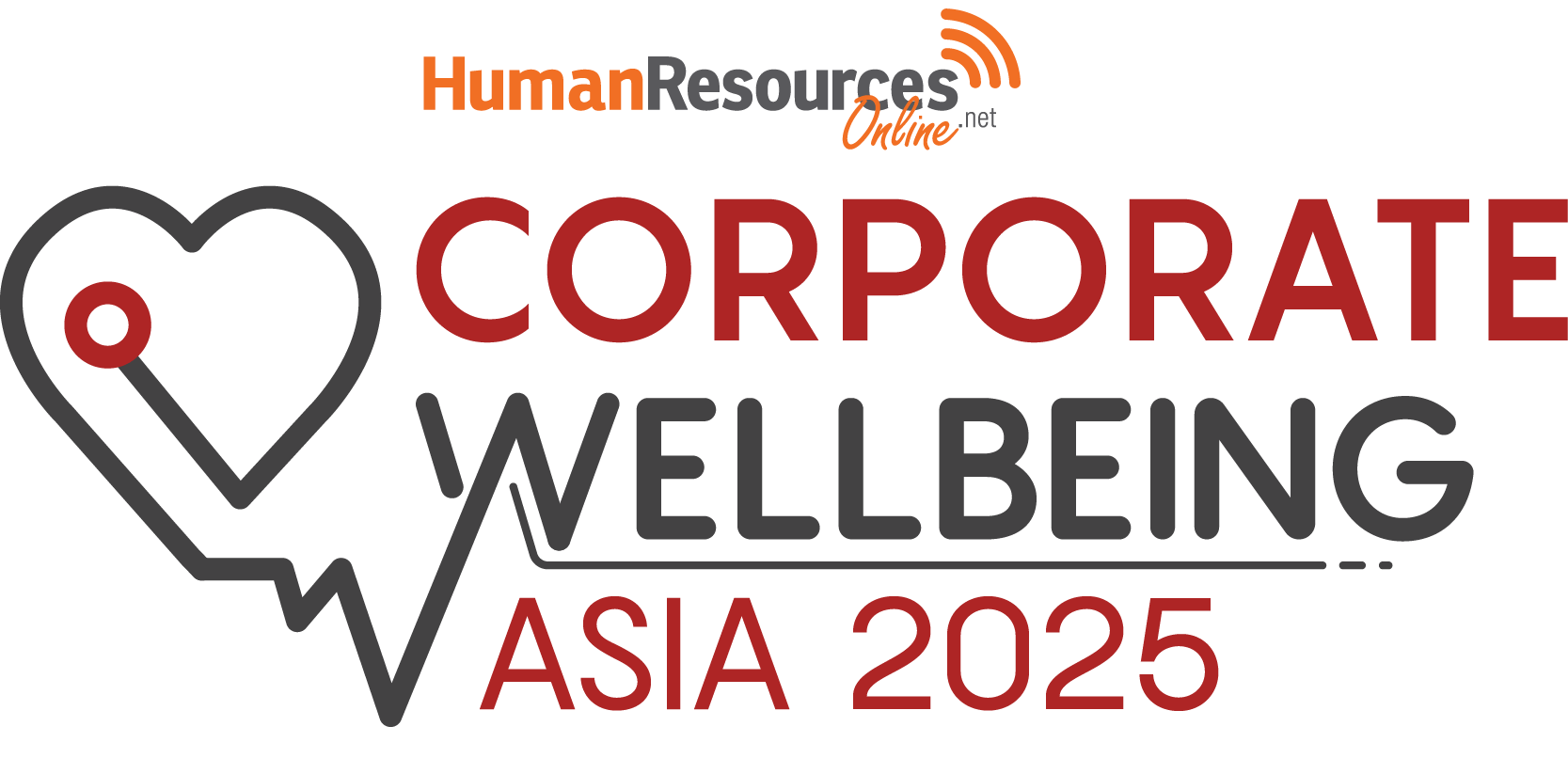Agenda
WEDNESDAY, 8 OCTOBER 2025
8.00am
Registration
9.00am
Opening address

Aditi Sharma Kalra
Editor-in-chief
Human Resources Online
9.20am
[Opening keynote]
Installing a ‘safe space’ sign is not enough: Why psychological safety needs to be hardwired into workplace culture
When the business environment is volatile – driven by geopolitical instability, trade disruptions, and economic shifts – businesses must pivot quickly. In such settings, psychological safety is what allows employees to surface issues, test ideas, and learn fast, especially with RTO (return to office) policies in place.
In this opening keynote session, let’s find out how psychological safety is the number one predictor of high-performing teams, and how it can transform vulnerability into a powerful tool for strengthening culture.
Our speaker will discuss:
- Ways to confront entrenched workplace issues, such as interactions, processes, and leadership behaviours, that often go unspoken but deeply influence team dynamics.
- Creating environments where vulnerability is protected, not punished: How leaders & managers can integrate psychological safety into their behaviours.
- Incorporating a human-centric systems approach: The importance of listening and acknowledging diverse emotional needs to build trust and reduce stigma.

Tan Toi Chia
Chief, People, Organisation and Communications
StarHub
10.00am
[Keynote]
A growing mental health crisis: Addressing the threat to workforce productivity
The world is facing a mental health crisis. This keynote reviews the findings from the APAC/Singapore Mental Health Index specifically the impact of mental unwellness on work productivity and what can be done to address this.
Highlights of this keynote:
- The importance of looking at the right data for organisational wide decisions on improving employee wellness.
- The overlooked costs of mental health struggles – such as isolation – on workforce productivity, and what can be done about it.
- Biggest barriers to implementing impactful workplace health initiatives, and how organisations can address skepticism from both leadership and employees.
Speakers:

Haider Amir
Director, Asia
TELUS Health

Wynne Wee
Vice President, Asia Pacific
Workplace Options (a TELUS Health company)
10.40am
Morning break
11.10am
[Panel discussion]
From lip service to leadership: Demonstrating the business value of wellbeing initiatives
When HR leaders can clearly communicate why wellbeing matters to the business and to people, it signals authenticity and helps embed wellbeing into the company culture, and not just as an HR policy.
However, unlike revenue or productivity, wellbeing ROI is often indirect and long-term, making it hard for leaders to present a clear business case. As such, it is often still considered a ‘soft’ initiative – when the reality is that wellbeing has a financial cost if neglected, and a measurable return if implemented properly.
Let’s come together to discuss how to move wellbeing away from reactive or cosmetic efforts toward a core business and people priority.
- Making the business case: Identifying the metrics that can demonstrate the tangible benefits of wellbeing initiatives.
- Leadership buy-in: Strategies to shift senior management’s perception of wellbeing from a ‘soft’ initiative to a strategic necessity.
- Addressing structural issues: Are we designing jobs and workflows that promote wellbeing, or are we simply offering perks to offset unhealthy workloads?
Panellists:

Carrie Tan
Director, People & Culture
Carlsberg Singapore

Theodoric Chew
CEO and Co-founder
Intellect

Todd Crane
Regional Account Manager
Technogym APAC
Moderator:

Tricia Duran
Head of HR, South East Asia & Taiwan
Haleon
11.50am
[Interactive discussion #1 of 3]
You’ll be engaged in three roundtable discussions throughout the day, each topic led by a zone host. Topics include balancing AI with empathy in employee wellness, upskilling managers to lead with care and clarity, why flex benefit schemes never go out of style. Click here to find out more about each topic, and to meet the zone host.
12.30pm
Networking lunch
1.30pm
Parents under pressure: Why family-focused support must be a core pillar of wellbeing
With 41% of working parents reporting they’re too stressed to function on most days – more than double the rate of non-parents – family-related stress is fast emerging as a critical blind spot in corporate wellbeing strategies.
This session shines a spotlight on:
- The unmet needs of working parents and dependents,
- Why family-focused wellbeing can no longer be treated as an afterthought,
- How progressive employers are closing this gap – rethinking policies, benefits, and support systems to better align with the realities of today’s workforce.
Join us as we unpack the data, challenge assumptions, and make the case for why inclusive parent support isn’t just a nice-to-have, but an essential lever for engagement, productivity, and retention in an evolving talent landscape.
If you employ parents, this session isn’t optional. It’s overdue.
Speakers:

Priyanka Murthy
HR Strategy and Solutions, specialising in Change Management, Organisation Design & Development, and Workforce Planning
3M

Dr. Amy Reale
Chief Clinical Officer
Nightingale

Penny Chen
HR Director, APAC
Wargaming
Moderator:

Amanda Lam
Senior Director & Head of People – SEA
Edelman
2.10pm
[Interactive discussion #2 of 3]
You’ll be engaged in three roundtable discussions throughout the day, each topic led by a zone host. Topics include balancing AI with empathy in employee wellness, upskilling managers to lead with care and clarity, why flex benefit schemes never go out of style. Click here to find out more about each topic, and to meet the zone host.
2.50pm
Afternoon break
3.20pm
[Interactive discussion #3 of 3]
You’ll be engaged in three roundtable discussions throughout the day, each topic led by a zone host. Topics include balancing AI with empathy in employee wellness, upskilling managers to lead with care and clarity, why flex benefit schemes never go out of style. Click here to find out more about each topic, and to meet the zone host.
4.00pm
Change is constant and it’s making people tired: The value of resilience as a business-critical capability
Organisational change is no longer episodic – it’s continuous. For both leaders and employees, this constant churn and redoing of business models is mentally and emotionally taxing. According to 2023 research, over 70% of transformations fail, and one of the top reasons is employee resistance and change fatigue.
The emerging solution is leaning towards cultivating a resilient workforce – one that copes better with ambiguity and pressure; stays engaged longer during transitions; and helps reinforce cultural stability when everything else is shifting.
In this panel discussion, we will unearth how to prioritise resilience-building in the workforce to achieve transformation goals.
Topics of discussion include:
- Emotional resilience during change: Strategies to support employees through emotional shifts, role transitions, and feelings of uncertainty during organisational change.
- Integrating wellbeing into change management: Creating systems that stabilise teams with transparent communication, inclusive decision-making, and scalable support mechanisms.
- Fostering emotional literacy: Cultivating self-awareness and adaptability to ensure employees thrive.
Panellists:

Ozge Yurtsever
HR Head Southeast Asia
Ferring Pharmaceuticals

Keh Seng Ann Anthony
Vice President, Group Human Resources, Group Head of Talent Acquisition & Employee Experience
Certis Group

Jamie Ong
People and Communication Leader - Supply Chain Southeast Asia and Freight Management Asia
HAVI
Moderator:

Meenakshree Nanda
Director – Wellbeing, Inclusion & Diversity – APAC Region
4.40pm
Closing remarks

Aditi Sharma Kalra
Editor-in-chief
Human Resources Online
5.00pm
End of Corporate Wellbeing Asia 2025
Interactive Topic #1
AI in corporate wellbeing: It’s not just about chatbots
AI is everywhere now but how are organisations using it to improve their employees’ wellbeing? In this roundtable, we’ll have a grounded, honest discussion about how AI is reshaping corporate wellbeing.
We’ll explore:
- What AI can and cannot do in mental health,
- How to implement AI tools with data protection, privacy, and ethics,
- Ways to use AI to fill gaps in EAP accessibility and personalising mental health pathways.
If an EAP refresh is on your radar for 2026, this session will offer the clarity you need to move from concept to action – minus the hype.

Keith Wang
Founder and CEO
Track 2 – Zone host:

Radhika Bahadur Bhushan
Head of People Experience (SEAA)
Unilever
Interactive Topic #2
Wellbeing begins with one-on-ones: Upskilling managers to lead with care and clarity
People managers are on the frontlines of employee wellbeing, but many feel underprepared to handle it. Empowering managers to detect stress early, breaking mental health stigma through open dialogue, and fostering employee accountability for personal wellbeing are critical steps toward this mission of better equipping the ecosystem for such conversations. After all, corporate wellbeing thrives when people managers, employees, and organisations share responsibility in creating a supportive environment.
In this interactive discussion, talkpoints include:
- From deliverables to human connection: Redefining the manager’s role from task-owners to emotional anchors who can build relational trust within teams.
- Spotting the silent signals: Early detection of distress (e.g., tone, withdrawal, disengagement) that managers could be trained to act upon.
- Fostering shared responsibility: The importance of empowering employees to take ownership of their wellbeing.
Track 1 – Zone host:

Terrence He
Regional HR Business Partner, Asia Pacific
Booking.com
Track 2 – Zone host:

Kathleen Kee
VP HR – EMEA & Asia
Interactive Topic #3
Move more, work better: How exercise boosts employee wellbeing & performance
Exercise is not just about fitness, but also about wellbeing, energy, and business impact. The way we move — or don’t move — shows up in our productivity, creativity, and even our company’s bottom line.
In this interactive discussion session, delegates will be led in a discussion that will:
- Ways to encourage employers and employees to take shared accountability for creating a culture of support.
- Show the tangible benefits of exercise beyond physical health: stress reduction, sharper focus, improved mood, lower sick leave, and higher productivity.
- Position exercise as a workplace benefit, rather than just a personal choice.
Track 1 – Zone hosts:

Todd Crane
Regional Account Manager
Technogym APAC

Michelle Lim
Wellness Consultant – Health, Corporate and Performance
Technogym Singapore
Track 2 – Zone host:

Erinna Khoo
Senior Manager, Global Benefits & Wellbeing
Seagate Technology
